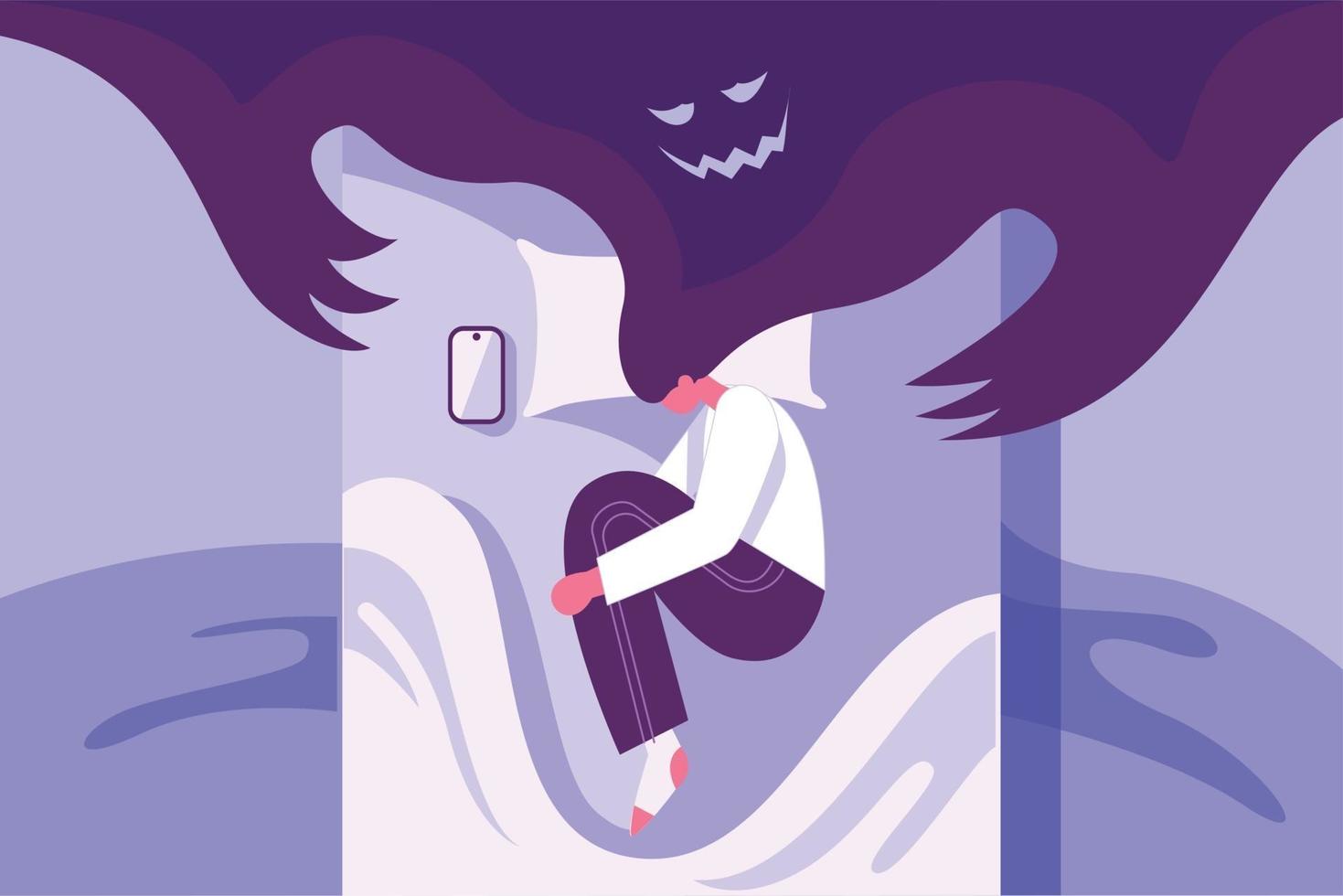
Symptom Checklist-90 (SCL-90)
SCL-90 (Symptom Checklist-90) was developed by L.R. Derogatis in 1975 and is a widely used self-report symptom scale for outpatient examination of mental disorders and psychological illnesses. It contains 90 items divided into nine different subscales, covering a wide range from somatization symptoms to psychotic experiences.








